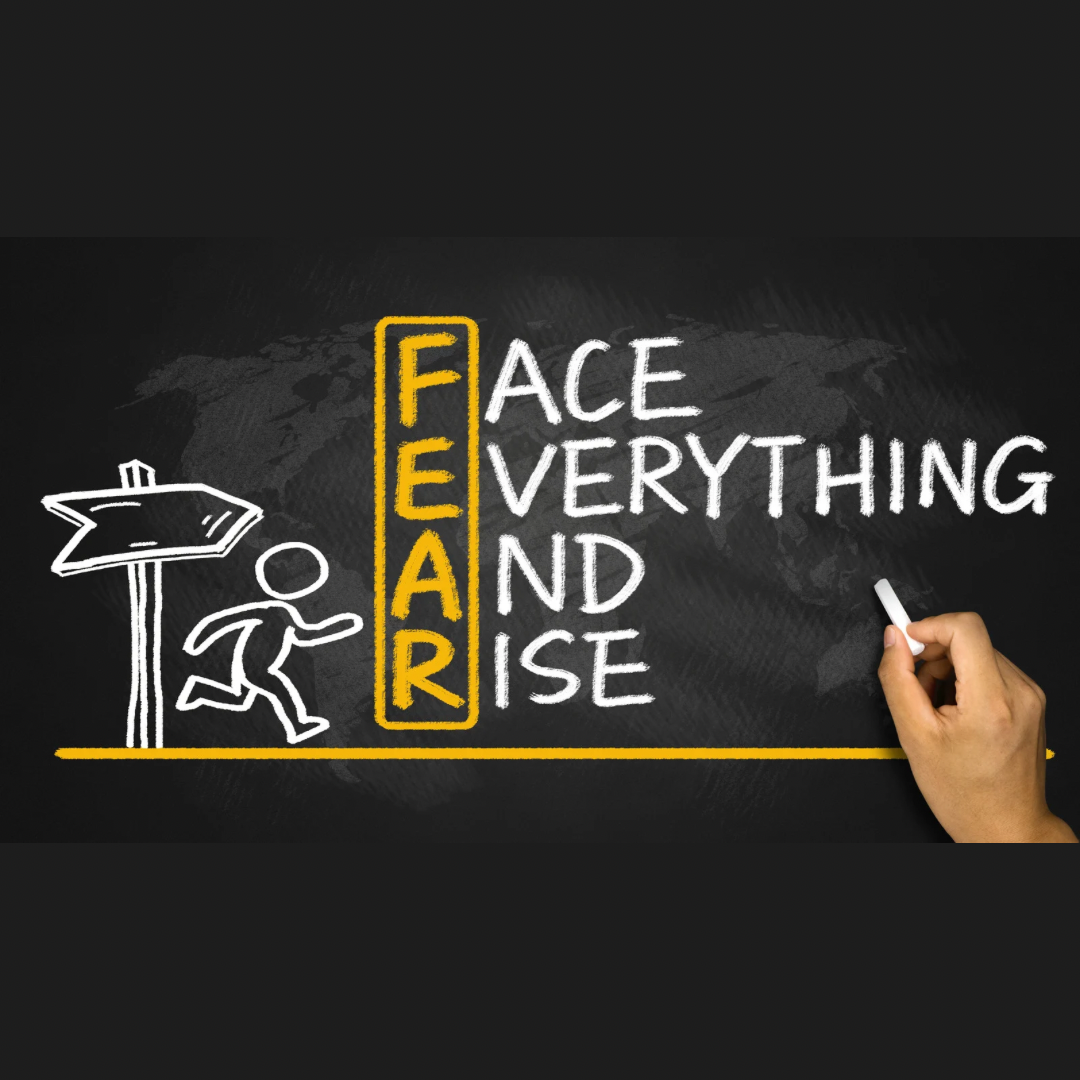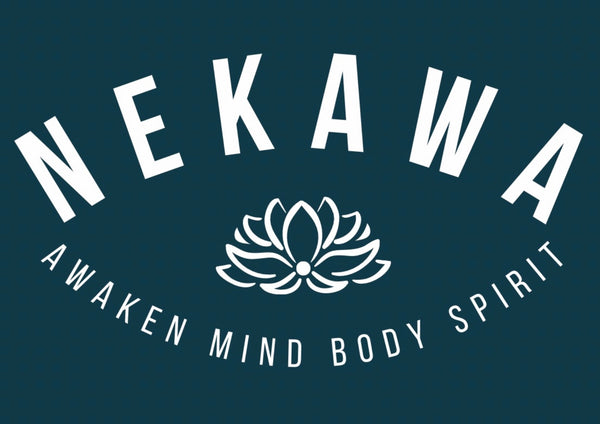
You Weren’t Born with Fears - So Why Are You Letting Them Hold You Back?
Share
Fear is one of the most powerful emotions a human can experience. It can keep us safe by protecting us from real dangers.
However, what about the fears that aren’t innate - the ones we’ve learned over time? These are the fears that limit us, that stop us from reaching our true potential.
The truth: You weren’t born with them.
Innate vs. Learned Fear
While fear is often learned, some fears are innate - hardwired into us as survival mechanisms. For example, a sudden loud noise or the sensation of falling can trigger a fear response, even in infants. These instinctual fears serve a purpose, helping us react quickly to potential dangers. However, the vast majority of fears that hold us back - fear of failure, fear of rejection, fear of change - are not innate. They are learned over time, shaped by experiences, influences and societal conditioning.
Fear Is Learned
When you entered this world, you had no concept of fear. A newborn doesn’t hesitate before trying to stand, falling time and time again. A toddler explores the world with curiosity, unafraid to push boundaries. But as we grow, we absorb the fears of those around us - our parents, teachers, peers and society. We learn to fear failure, rejection, embarrassment and even success.
Kids at schools sitting exams, where does exam fear come from? Playground chat, older siblings? A child who has never sat an exam does not know how to fear the exam…. The fear is learnt from their peers.
Think about it: Were you always afraid to speak in public? Were you always nervous about taking risks? Of course not. Those fears were conditioned into you through experience, through stories you heard and through moments where you felt vulnerable or uncertain. But just as you learned fear, you can unlearn it.
Fear After Trauma
Fear isn’t always learned through passive conditioning - it can also arise from real-life experiences, such as injury, accidents or trauma. When we experience a significant event that shakes our confidence, fear can become deeply embedded in our subconscious, acting as a protective mechanism to prevent future harm. While this response is natural, it can also become a barrier to growth and progress.
For individuals recovering from trauma - whether physical or emotional, fear can manifest as hesitation, avoidance or an overwhelming sense of doubt. The challenge lies in distinguishing between real danger and perceived limitations. Recognising this allows us to work through the fear rather than being controlled by it.
What’s Holding You Back?
Most fears that hinder us - fear of failure, fear of judgment, fear of not being enough - are nothing more than mental barriers. They aren’t real dangers, yet they shape our decisions, our actions and ultimately our lives. They whisper doubt, keeping us in our comfort zones, where it feels safe but where growth is stifled.
Ask yourself:
- What would you do if fear wasn’t part of the equation?
- What goals would you chase?
- What challenges would you take on?
- If the fear of failure didn’t exist, how much more freely would you move through life?
Fear as an Escape Mechanism
Fear doesn’t just hold us back - it often serves as an escape mechanism. It provides a seemingly valid reason to avoid challenges, risks and uncomfortable situations. When fear whispers: 'You’re not ready', 'What if you fail?' or 'It’s safer to stay where you are,' it can feel like self-protection. But in reality, it’s self-sabotage.
Instead of facing potential failure, we convince ourselves that avoidance is the better option. We stay in jobs we dislike, avoid pursuing passions, and resist change - not because we can’t succeed, but because fear creates the illusion that staying put is the safer choice. In truth, stagnation is the real risk.
Recognising fear as an escape mechanism allows you to challenge it. When you acknowledge that fear is often just a mental construct designed to keep you comfortable rather than capable, you regain control over your decisions and your future.
Rewriting the Fear Response
The good news? You have the power to rewrite your response to fear. You can recondition your mind just as it was conditioned in the first place. Here’s how:
- Recognise the Source - Identify where your fears come from. Are they truly yours, or were they passed down to you?
- Reframe Fear as Opportunity - Instead of seeing fear as a stop sign, see it as a signal for growth. What’s on the other side of that fear?
- Take Small, Bold Steps - Courage isn’t the absence of fear; it’s action despite it. Start small, but start moving forward.
- Visualise Success - Picture yourself succeeding, thriving, and moving past your fears. The mind is a powerful tool, and what it believes, it creates.
- Surround Yourself with Fearless Energy - Seek out those who challenge fear, who push limits, who live boldly. Their mindset will influence yours.
The Choice Is Yours
At the end of the day, fear is just a story - a script you’ve been following without question. But scripts can always be rewritten. You weren’t born with fear, and you certainly don’t have to live with it.
So, take some time today and decide on something to do that you know fear has been holding you back from doing before? Because once you step past that barrier, you’ll realise it was never really there at all.
Ready to Break Free?
At NEKAWA, I guide you in rewriting your mental script, helping you move past limiting fears so you can thrive in every aspect of life. Whether it's deep-seated emotional barriers or unconscious patterns holding you back, I have tools to teach you to rewire your mindset and embrace a fearless future.

